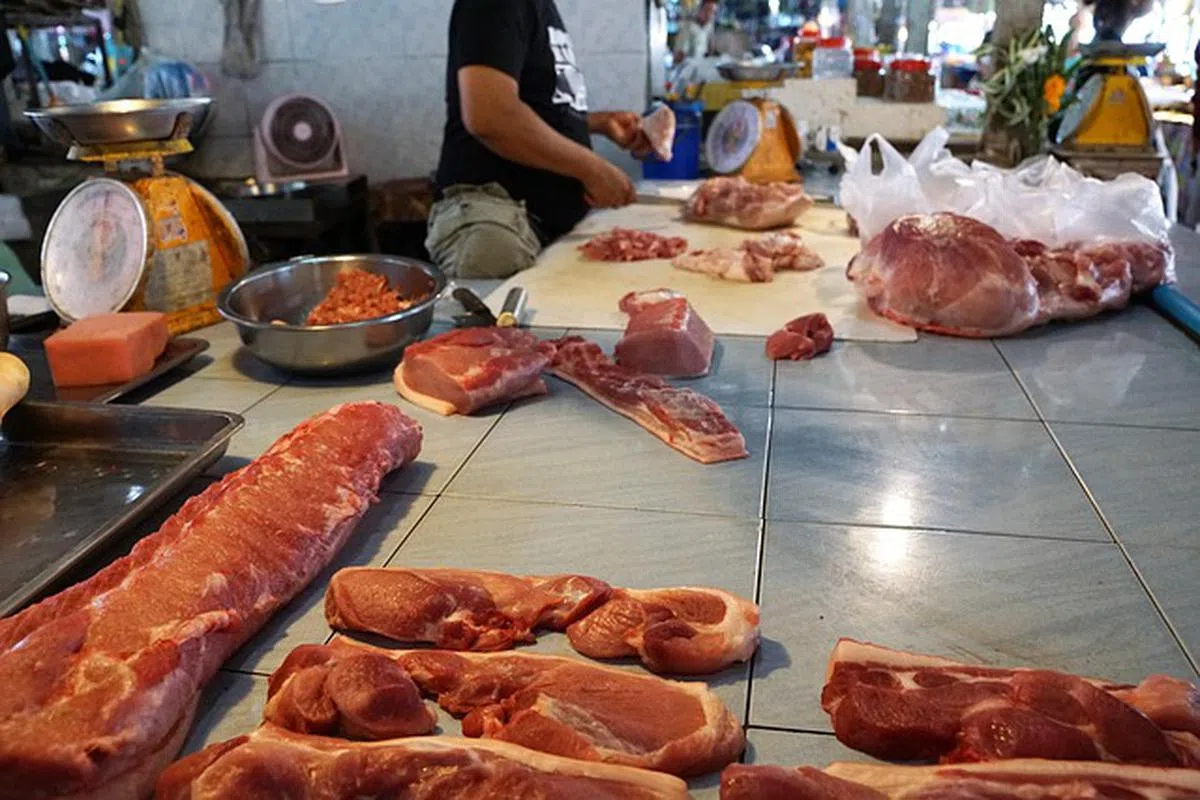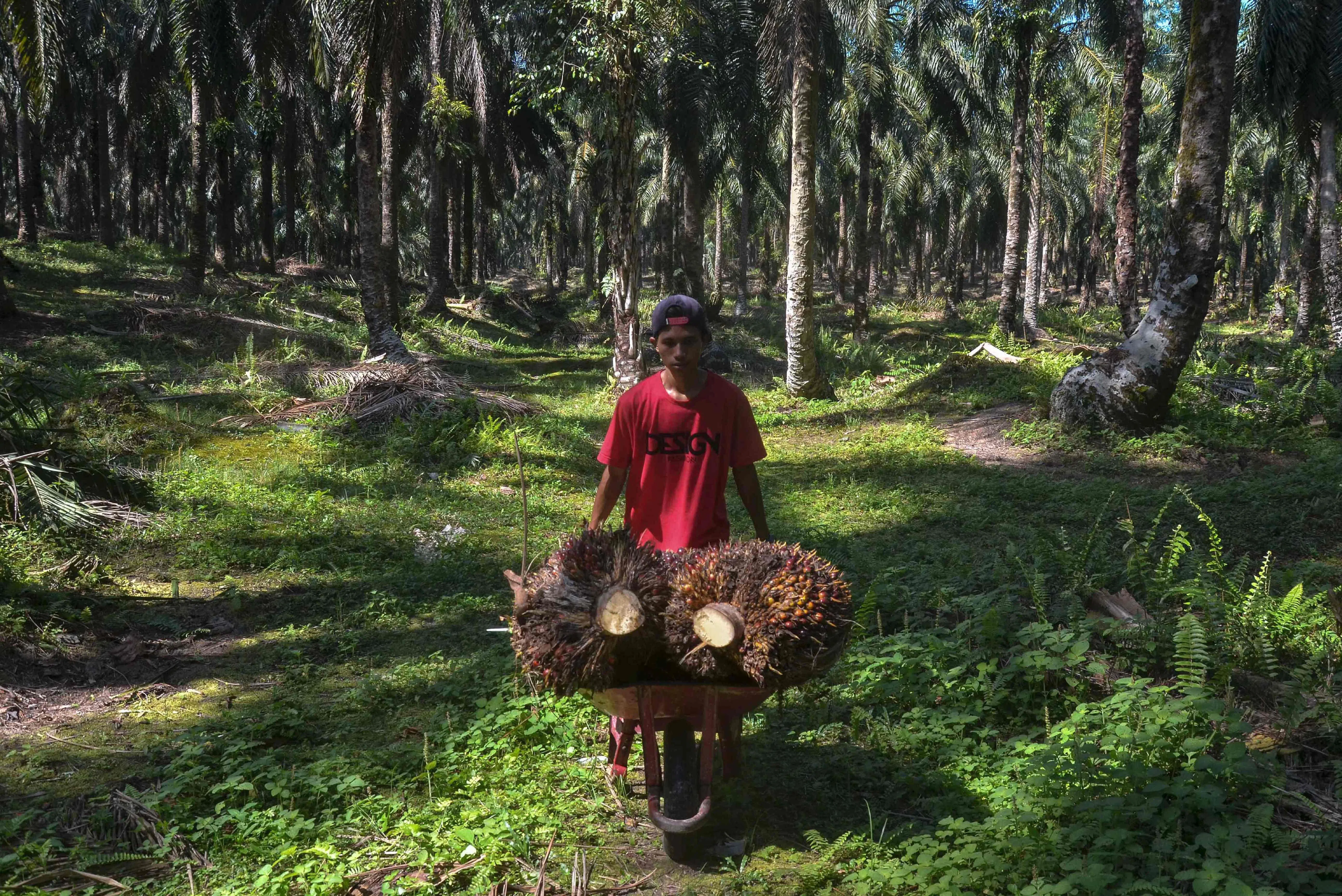CHINA’S record beef imports are hitting a market where demand is slowing and prices have fallen to the lowest since 2019, raising the risk that authorities will take steps to curb the trade.
The No 1 importer of the red meat took 2.9 million tonnes in 2024, an all-time high and 5 per cent more than the previous year, according to customs data released this week. Chinese demand for beef has surged by nearly 40 times over the last half-century as a more affluent population developed a taste for steak and hotpots, but a report from local consultancy Mysteel shows consumption fell last year as cash-strapped consumers cut back.
China is favouring cheaper beef as it bolsters trade and diplomatic ties with Brazil and Argentina, partially replacing pricier meat from the US and Australia, while local output has also been rising as the government prioritised self-sufficiency after Covid-19 upended global supply chains. That’s resulted in a 20 per cent drop in wholesale beef prices over the past couple of years, according to government data, although the protein remains three times as expensive as pork or chicken.
Imports had a huge impact, but domestic production also expanded too fast in the last few years, said Pan Chenjun, a senior analyst at Rabobank. “Basically, overall supplies have jumped a lot but consumption has not increased as much.”
Around two-thirds of Chinese cattle farmers are making losses, with some having quit the industry for good, the National Husbandry Association said late last year. That’s a trend that could threaten the sustainability of the sector if left unchecked, resulting in the government last year urging local authorities to provide subsidies to farmers.
Then, late last month as beef prices kept falling, the Ministry of Commerce announced an investigation to decide if the increase in imports was hurting local producers. The probe is likely to end within eight months, but could be extended, the ministry said.
Imports accounted for around 30 per cent of China’s beef consumption last year, according to US Department of Agriculture data. Any protectionist measures would hurt producers in Brazil, which sends nearly half of its beef exports to China, as well as Argentina, Australia and the US.
While increasing purchases from the US might be one way to mollify President Donald Trump and defuse trade tensions, China may instead opt to focus on protecting its farmers and ensuring food security, a hot topic for policymakers in Beijing. More expensive cuts from the US have also lost some of their shine recently as people favour more affordable hotpot restaurants that offer all-you-can-eat buffets of cheaper beef. BLOOMBERG






